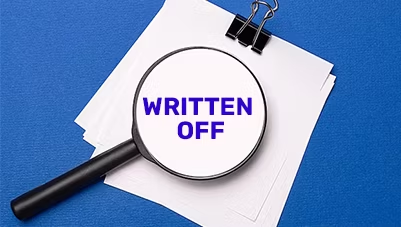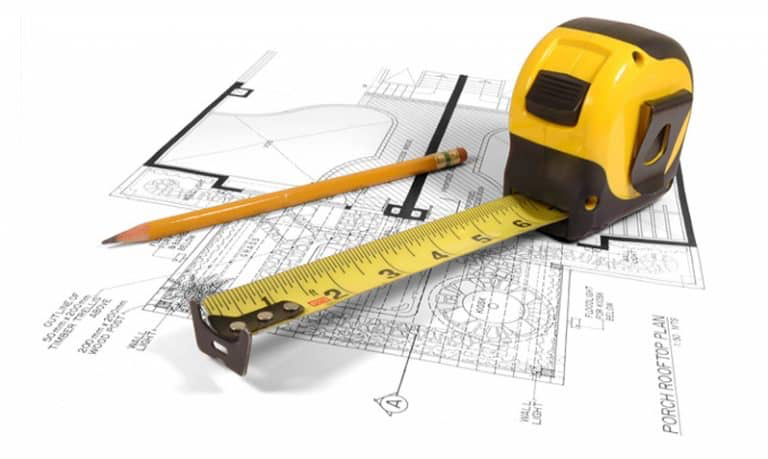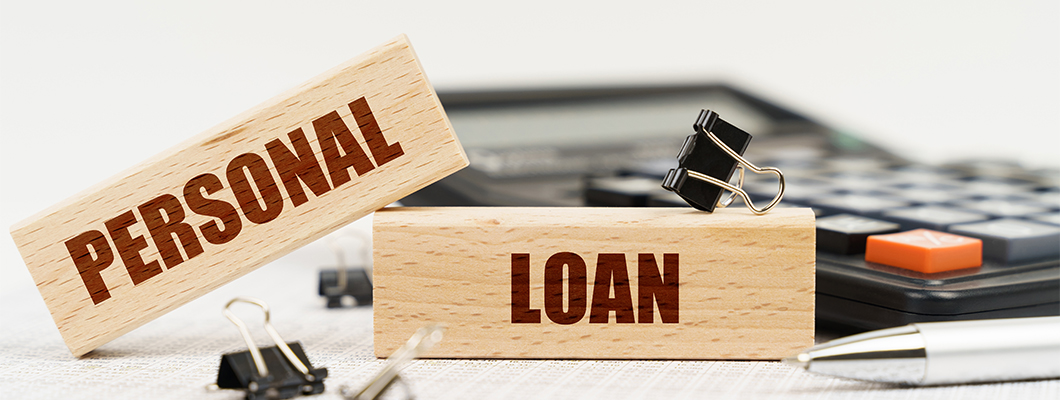How a "Written Off" Status Affects Your CIBIL Score

Strong 8k brings an ultra-HD IPTV experience to your living room and your pocket.
Understanding your credit report is essential to being financially healthy; remember that one of the worst statuses on your CIBIL score is "Written Off." In this article, we discuss how the "Written Off" status affects your CIBIL score, what this negative standing means for your chances of getting a personal loan with a low CIBIL score, and how you can start to remedy the situation.
Know CIBIL Score and "Written-Off" Status
Your CIBIL score is a three-digit credit score between 300-900 that lenders use to determine your creditworthiness. It's your credibility in acquiring loans and credit cards. The higher the score, the better your credit history; the lower the score, the more likely you have financial mismanagement issues (or not enough credit history to be evaluated).
A "Written Off" status means that the lender has determined that they won't be able to recover their dues. The dues aren't forgiven; you still owe your lenders this money. However, the lender is no longer willing to collect it from you. This written off in CIBIL status will show on your credit report and also affect your CIBIL score negatively, indicating your inability to honour your financial obligations.
Effects of "Written Off" Status on Your CIBIL Score
Immediate Effects
Once a "Written Off" status is on your credit report, your CIBIL score will take a significant hit. This hit indicates poor financial management, and you will convey to any potential lenders that there is a risk involved in lending you money. Depending on the amount written off and your credit history, the impact can vary.
Long-term Impact
The long-term effects of a "Written Off" status will stay with you for quite a while. Most credit analysis companies will have this information on your reports for at least seven years, and all of that time, you will be impacted and will have a much more difficult time getting any new credit, financing, or loans. Even after the debt is cleared, a historical write-off may continue to affect your credibility.
The Difficulty of Obtaining Personal Loans with a Low CIBIL Score
Less Access to Financing
Having a low CIBIL score as a result of a "Written Off" status will drastically reduce your access to new financing. Lenders will see applicants with low scores as being higher-risk borrowers and either deny you credit/loans altogether or, if they offer loans, it will come with conditions and a high cost of interest. This is where the concept of a low CIBIL score personal loan comes into play—some lenders may still provide loans under stricter terms.
Struggling for Personal Loans
A personal loan with a low CIBIL Score will be incredibly difficult. Personal loans are unsecured, meaning that they are based entirely on your creditworthiness. If your credit report shows a status of "Written Off," and you have a low CIBIL score, the lender may think twice about giving the loan, because you may not be able to pay it back.
High-interest Rates and Collateral
If you're trying to obtain a personal loan with a low CIBIL score, lenders may ask you for collateral on the loan as security. Also, lenders will charge more in rates to offset the risk involved in lending you the money. You will inherently take on more financial burden by taking out a personal loan with a low CIBIL score and paying higher interest rates.
What you can do to improve your CIBIL score
Correct the Errors on Your Credit Report
After a "Written Off" status, to improve a low CIBIL score, treat all CIBIL scores the same and check your score by correcting any errors on your credit report first. Subsequently, you can try to fix problems with payment issues after you're not bringing attention to yourself for a written-off debt, but make sure your Credit Reporting Agency's report is accurate for any reason. Start by pulling your report from CIBIL, swearing you've never failed a settlement, and make sure the score is corrected where there is an error. To make this correction, report or dispute anything that is erroneous by following any Cibil process to fix the report relating a consumer report.
Pay Back Your Dues
Try to arrange with your lenders to ask for repayment on the written-off amount or negotiate a settlement if they are ready to have you pay. Your reports will be updated when you settle your outstanding debts. After you're completely paid back and cleared of any outstanding debts, contact your lender or Credit Agency and ask them to update the status on your reports to indicate your credit was valid.
Develop Healthy Financial Habits
Discipline is the best way to improve your score. Pay your bills on time, limit your credit card usage to a minimum, do not take out loans unless necessary, etc. By following healthy financial habits, you can improve your credit rating over time. It is also very useful to check your CIBIL score regularly so that you can see when your score is improving.
Seek Professional Help
Look for a debt agency or financial counselling service or an expert in credit management. They will create plans to help you improve your credit score, create plans for your specific financial situation, give you specific tips, and assist you to negotiate with creditors.
Conclusion
A "Written Off" status is an issue, but in reality, it is more than a mark on your report: it prevents you from achieving positive financial goals. Knowing your ratings CIBIL score and how this impacts your financial position and taking the steps to reduce its impact, can start you on your way to a better way of financial management. It may not be easy to get personal I say unsecured loans with a very low CIBIL score but improving your ability to gain credit is wholly possible over time with conscious, responsible, and informed decisions. A poor credit score can always be improved; however, it depends on your time and commitment to improving your financial behaviours. Good decisions financially can help to fix your credit.
Note: IndiBlogHub features both user-submitted and editorial content. We do not verify third-party contributions. Read our Disclaimer and Privacy Policyfor details.




